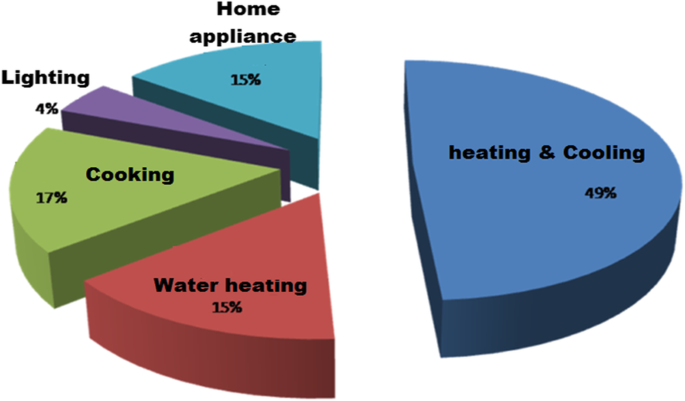The Summer Season Affect Energy Consumption and Demand

The summer season has a significant impact on energy consumption and demand, as warmer temperatures lead to increased use of air conditioning, refrigeration, and other cooling systems to maintain indoor comfort. Here are some ways in which the summer season affects energy consumption and demand:
Air Conditioning Use: As temperatures rise during the summer months, the demand for air conditioning increases significantly, especially in regions with hot and humid climates. Residential, commercial, and industrial buildings rely on air conditioning systems to maintain comfortable indoor temperatures, leading to higher electricity consumption.
Increased Cooling Load: Warmer temperatures during the summer season result in a higher cooling load on buildings and infrastructure, as air conditioning systems must work harder to remove heat from indoor spaces. This increased cooling load leads to higher energy consumption and demand, particularly during peak hours when temperatures are highest.
Peak Demand Periods: Summer heatwaves and extreme weather events can lead to peak demand periods for electricity, as people use more energy to cool their homes, offices, and businesses. Peak demand periods put stress on the electricity grid and may require utilities to deploy additional resources to meet the increased demand for power.
Refrigeration and Cooling Equipment: In addition to air conditioning, refrigeration and cooling equipment used in commercial and industrial settings also contribute to higher energy consumption during the summer season. Refrigerators, freezers, chillers, and other cooling systems are essential for preserving food, beverages, and perishable goods, especially in retail stores, restaurants, and food processing facilities.
Outdoor Lighting: Longer daylight hours during the summer season may lead to reduced use of indoor lighting, but outdoor lighting for streets, parks, stadiums, and outdoor events may increase during the evening hours. Outdoor lighting adds to overall energy consumption, particularly in urban areas and recreational spaces.
Increased Water Pumping: In regions where water supply is dependent on pumping and distribution systems, higher water consumption for irrigation, landscaping, and outdoor activities during the summer season can lead to increased energy consumption for water pumping and treatment.
Renewable Energy Generation: The summer season may also affect the generation of renewable energy sources such as solar and wind power. Solar photovoltaic (PV) systems tend to produce more electricity during the longer daylight hours of summer, while wind turbines may experience variations in wind patterns and output depending on seasonal weather patterns.
Energy Efficiency Measures: Implementing energy efficiency measures such as insulation, weatherization, and smart thermostats can help reduce energy consumption and demand during the summer season. Energy-saving practices such as using programmable thermostats, adjusting temperature settings, and optimizing air conditioning usage can help minimize energy costs and environmental impact.
Overall, the summer season leads to increased energy consumption and demand, particularly for cooling and refrigeration purposes, as people seek to maintain comfort and convenience in warmer weather. Managing energy use effectively and implementing energy-saving measures can help mitigate the impact of summer heat on energy consumption and demand, ensuring reliability and sustainability in the energy sector.
Thank you,